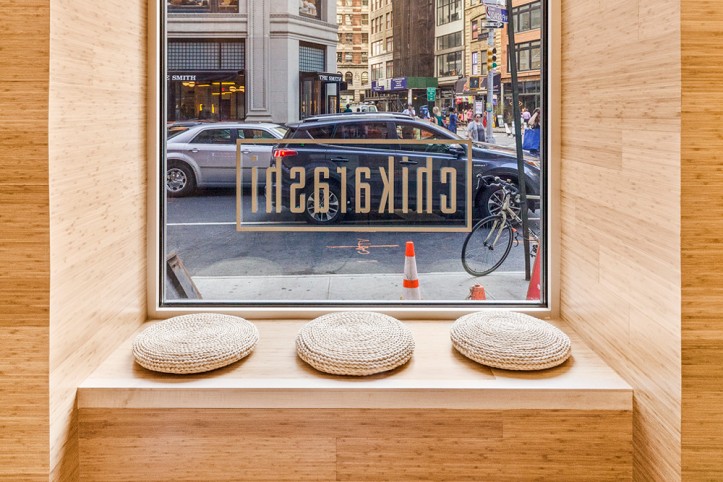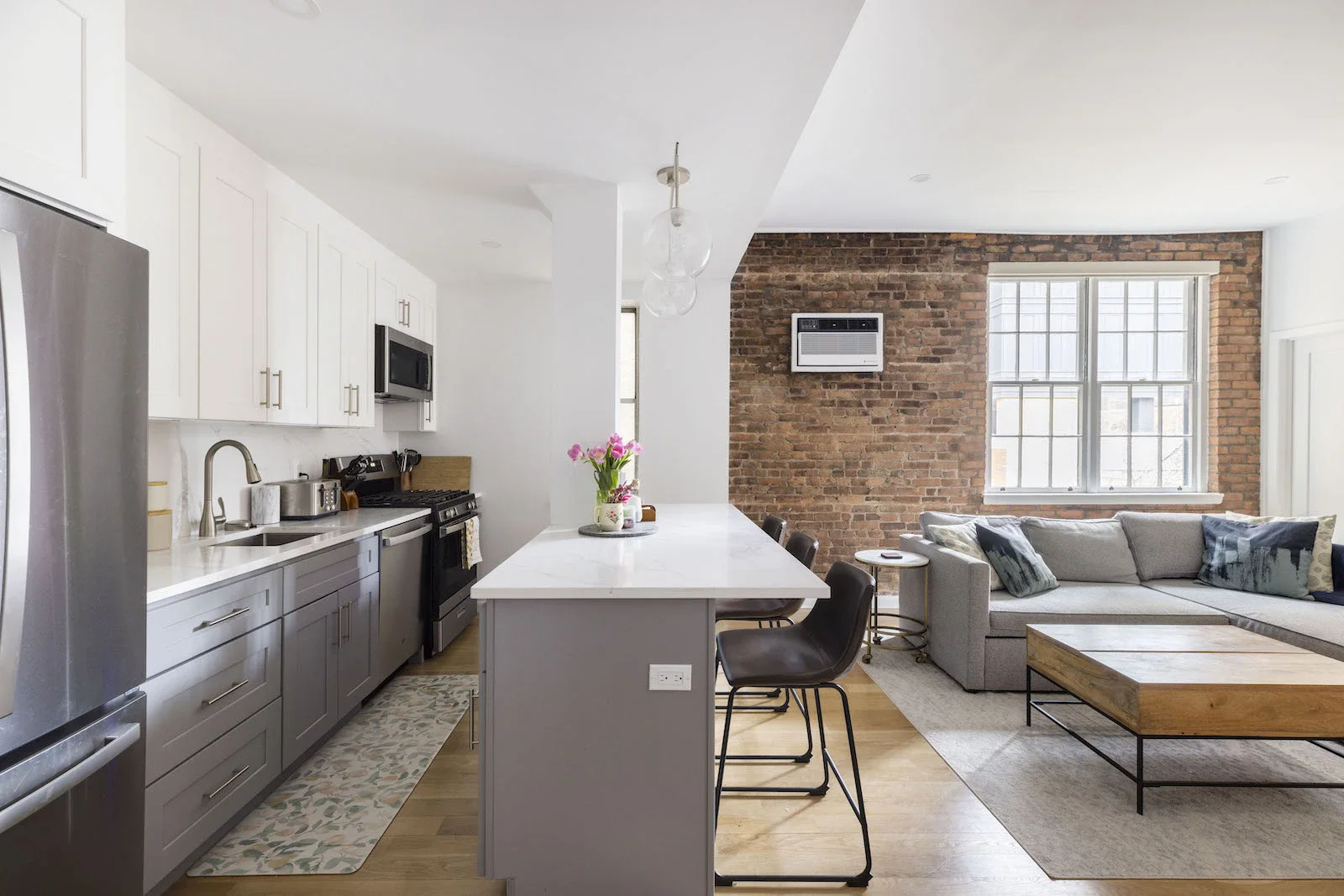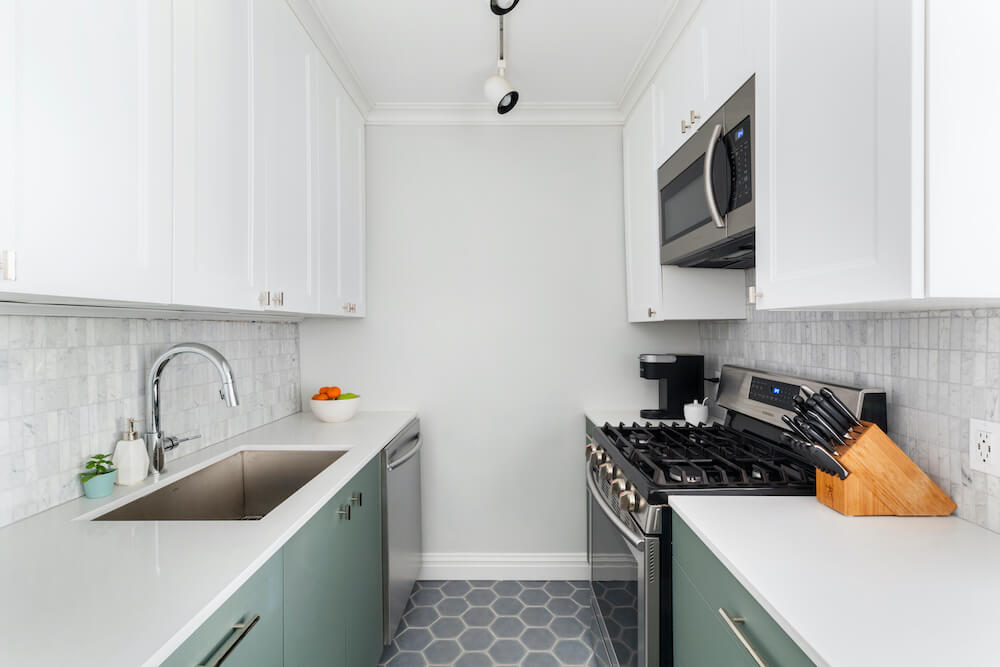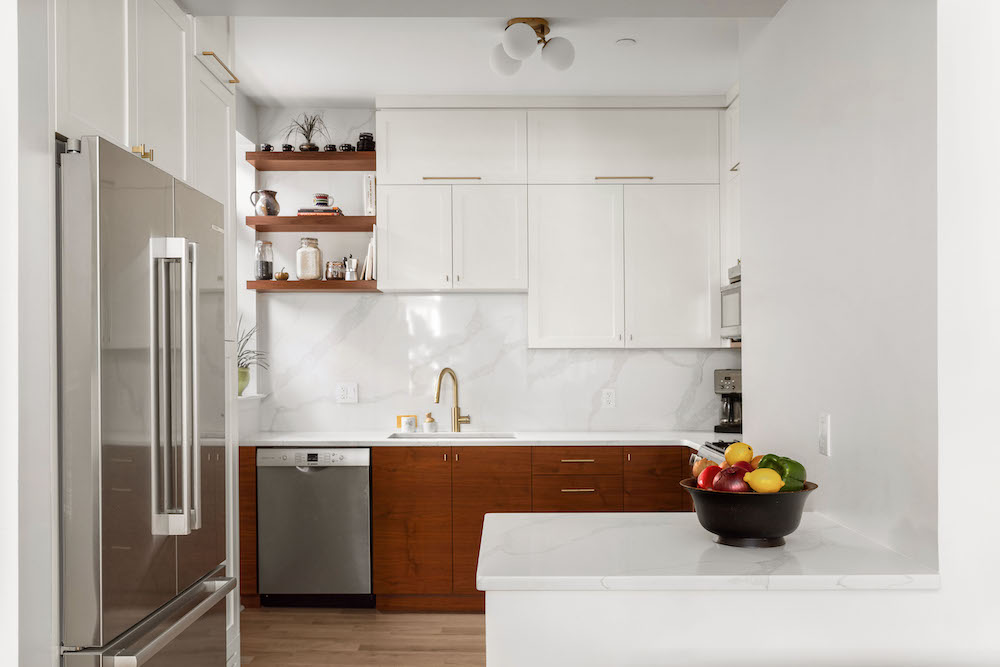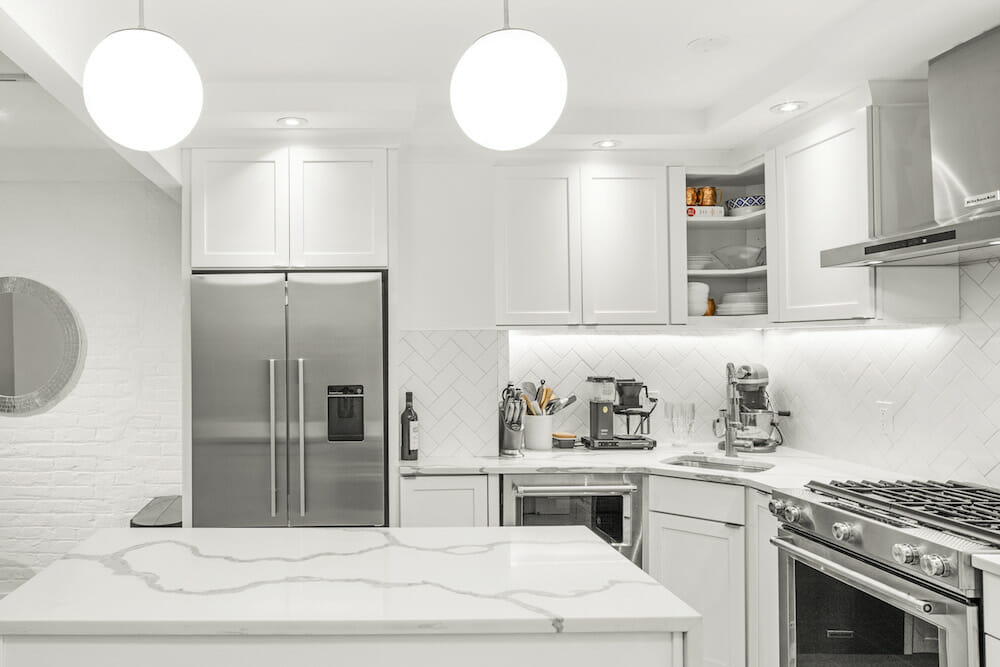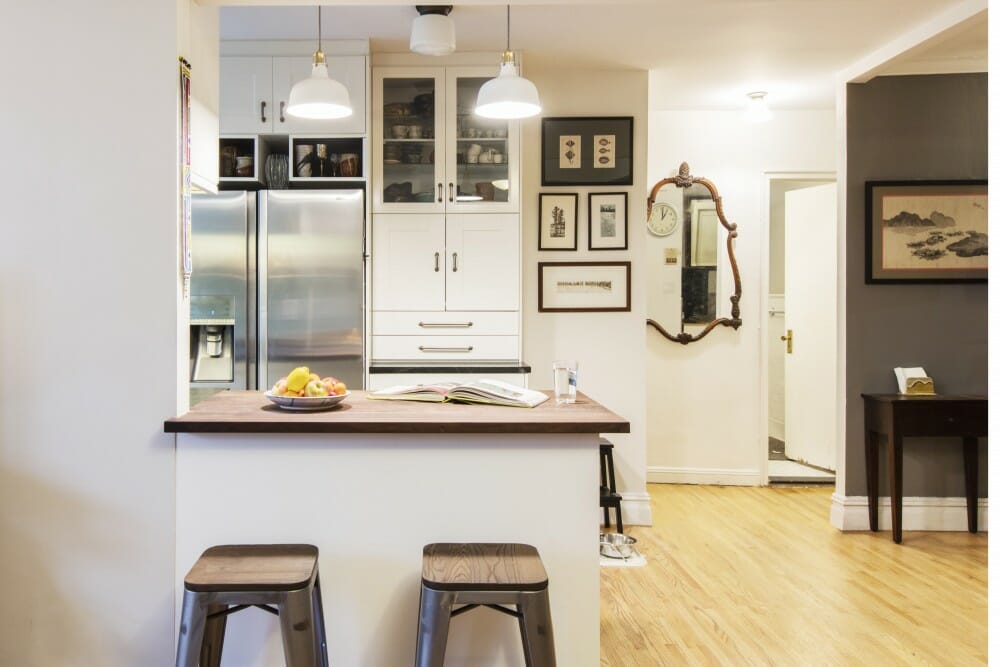Commercial Guide: A Breakdown of a Commercial Lease, Part 2
What you need to know before signing a lease for your business
Chikarashi remodel by this Sweeten general contractor
At first glance, a commercial lease may appear daunting in its length and complexity. While it’s important for tenants to engage an attorney to represent their interests in negotiating a commercial lease with a landlord, it’s to the tenant’s advantage to fully understand vital lease issues.
In Part 2, our guide continues to outline elemental—but specific—commercial lease concepts that should be considered by prospective tenants before signing a contract. (See Part 1 here.)
Commercial leases are fairly straightforward when it comes to basic business terms, including base rent, length of lease term, and rent abatement (free rent). An experienced commercial real estate broker can advise on the fundamental elements while helping a tenant to negotiate the business terms of a space transaction—even before a lease is drawn or a real estate attorney is engaged.
The “use clause”
A commercial lease’s “use clause” restricts the uses permitted on the premises. Prohibitive uses usually include businesses or activities that impinge on the building’s desirability to other tenants, from government agencies with diplomatic immunity to specific activities like printing. A tenant will want to be sure that the uses permitted are broad enough to allow all of their probable and possible business activities. The clause also applies to any subtenant or assignee who may occupy the premises during the term of the lease (see below “On subleasing”). Sweeten brings homeowners an exceptional renovation experience by personally matching trusted general contractors to your project, while offering expert guidance and support—at no cost to you. Renovate expertly with Sweeten
Plans for alterations
After delivery conditions of the leased premises are satisfied and the space has been turned over to the tenant, any changes or alterations are subject to review and consent by the landlord before they can be performed. The review period for renovation plans should be prescribed in the lease as a quick process. Cosmetic alterations, such as floor covering (generally carpet, wood, tile) and wall covering (generally paint, stain, wallpaper), should be excluded from landlord review.
Having architectural plans ready at the beginning of the lease term and attached as an exhibit will save on approval time needed. It will also eat less into the free rent period given by the landlord before rent payments are scheduled to begin.
Security deposit/”good guy” guarantee
Another requirement (in New York and some other locations) is that a business principal, who must be a U.S. citizen or green card holder and not a temporary resident, provides a “good guy” limited personal guaranty for most privately-held tenant entities—no matter how credit-worthy the tenant is. The intent is to ensure, in the event of a bankruptcy or some other situation where a tenant stops rent payments, the landlord will not have to serve an eviction to take back possession of the leased premises (in order to lease to a new tenant).
The “good guy” guarantor is personally liable for rent and other financial obligations for only the time the tenant actually occupies the premises. The magnitude of a security deposit usually reflects the creditworthiness of the actual entity, which is either executing the lease or providing a full corporate guaranty and is usually negotiated before a lease is prepared.
On subleasing
Typically, a tenant cannot sublet or assign the premises without the landlord’s consent. In addition, landlords want sublease rights to be defined in ways that will not diminish their ability to profitably lease other space in the building. A tenant usually cannot sublet to another tenant in the building, but this can be modified so that the tenant may sublease to an existing tenant in the building if no competitive direct space is available from the landlord. Marketing a sublet to prospective building tenants is another restriction that landlords may consider revising.
Finally, a corporate reorganization, including acquisition, which changes the identity of the company leasing space, should not trigger the requirement that the landlord review and provide his approval, as if a whole new and related company was subleasing or being assigned the lease.
SNDA
SNDA stands for Subordination, Non-Disturbance, and Attornment Agreement. The critical aspect of this concept is that in the event a landlord goes bankrupt and the lender takes over the building, the lender should be required to honor the lease and not “disturb” the tenant’s occupancy.
As a potential commercial tenant, understanding the key points in a commercial lease protects you and your investment. Doing your research and selecting the right advisors gets you one step closer to lifting your business to the next level.
Alex Cohen is a Chief Commercial Specialist at Compass, developing strategies and negotiating lease and other transactions for office, retail, and mixed-use spaces on behalf of lease transactions for tenants, landlords, and investors. He writes about the commercial real estate environment.
–
From a traditional bank loan to equity crowdfunding, learn about the options to help fund your commercial renovation in our guide.
Sweeten handpicks the best general contractors to match each project’s location, budget, and scope, helping until project completion. Follow the blog for renovation ideas and inspiration and when you’re ready to renovate, start your renovation on Sweeten.
